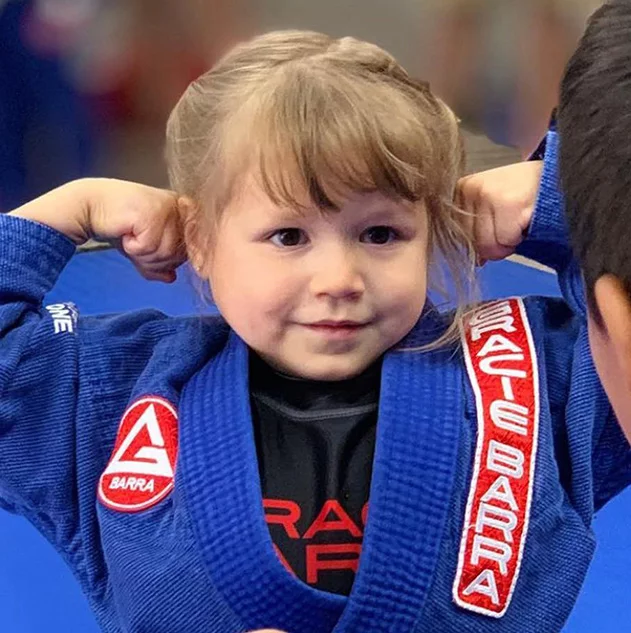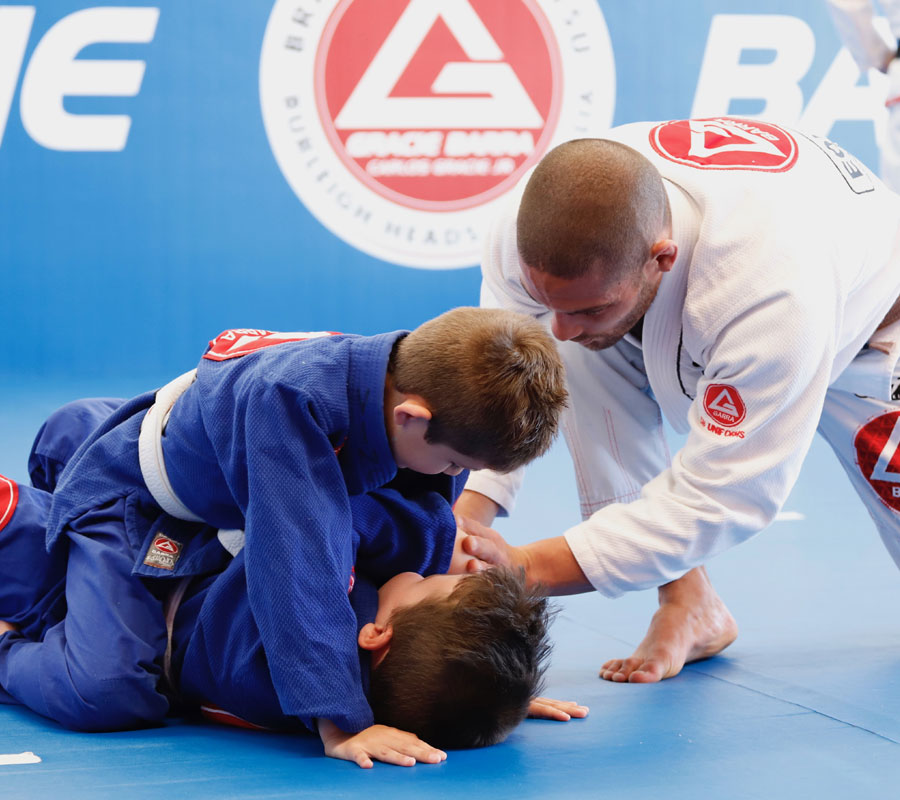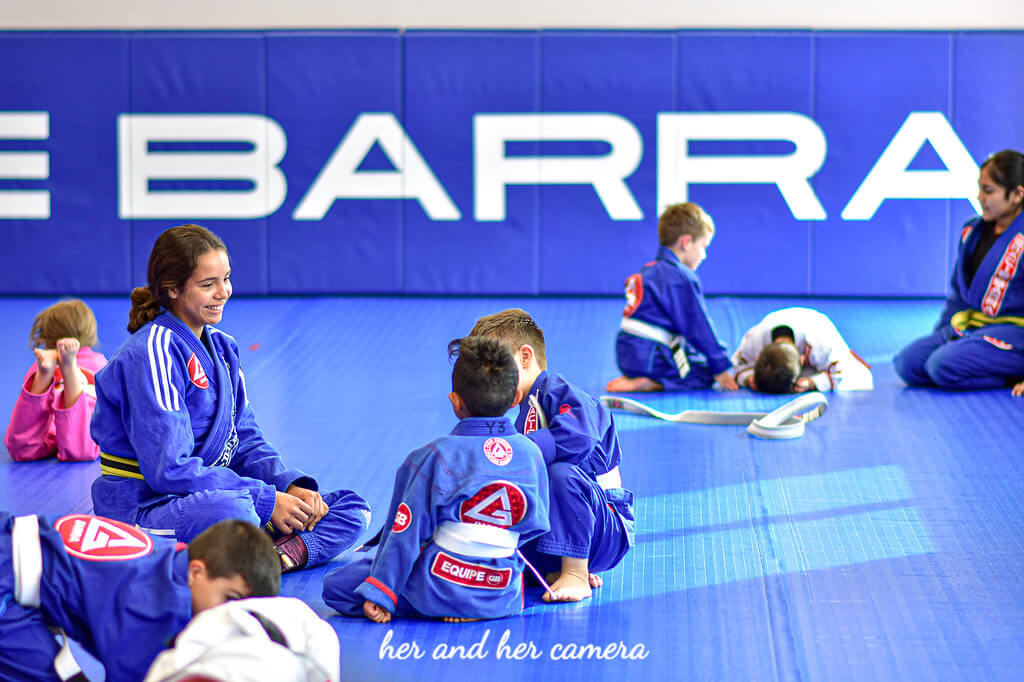Introducing:
Bullying remains a distressing reality impacting numerous children and adolescents globally. Yet, Brazilian Jiu-Jitsu (BJJ) presents a distinctive and efficacious strategy for both averting and tackling this issue head-on. Within the confines of this article, we embark on an exploration of how the practice of BJJ empowers youth to fend off bullying, foster mutual respect, and foster the creation of safer, more inclusive communities.

Development of Self-Confidence and Self-Esteem:
Robust self-confidence serves as a potent shield against bullying. Within BJJ, practitioners cultivate trust in their physical and mental abilities, enhancing self-esteem and making them less susceptible to bullies.
Self-Defense Skills:
BJJ, rooted in ground control and submission techniques, stands as a formidable martial art for self-defense. Mastering techniques to neutralize adversaries without harm empowers BJJ practitioners to protect themselves and others in conflicts.
Respect and Empathy:
BJJ emphasizes mutual respect among practitioners, regardless of skill level. Values of respect and empathy are instilled early in training, fostering a nurturing environment where everyone feels valued and respected.
Development of Social Skills:
Participation in BJJ classes facilitates interactions with peers from diverse backgrounds. Collaborative training and celebrating achievements foster essential social competencies, strengthening community bonds.
Promotion of Safe and Inclusive School Environments:
By empowering youth to combat bullying and champion values of respect, BJJ contributes to creating safer, more inclusive school environments. BJJ practitioners are encouraged to model positive behavior, nurturing cultures of respect and acceptance.
Development of Emotional Resilience:
BJJ training equips youth with tools to navigate adversity and overcome challenges, fostering emotional resilience. Confronting setbacks during training instills perseverance and problem-solving skills crucial for addressing bullying situations.

Cultivation of Assertiveness:
BJJ actively fosters the development of assertive communication skills among youth, enabling them to articulate their needs and boundaries clearly and respectfully. Consequently, this assertiveness empowers them to defend themselves against bullying without resorting to physical aggression and to seek assistance when needed.
Understanding the Concept of Consent:
Throughout BJJ training, youth delve into the importance of consent and the significance of respecting personal boundaries. This understanding nurtures a culture of mutual respect and underlines the notion that all interactions should be grounded in mutual consent and respect for others’ boundaries.
Promotion of a Non-Violent Mindset:
Despite its identity as a martial art, BJJ instills in youth a dedicated commitment to peace and the resolution of conflicts through non-violent means whenever feasible. Practitioners encourage youth to sidestep unnecessary confrontations and pursue peaceful resolutions to problems, thereby contributing to the fostering of a more tranquil and harmonious society.
Empowerment of Girls and Women:
BJJ serves as an inclusive platform, offering girls and women the opportunity to cultivate self-defense skills and bolster confidence. By advocating for female participation in the martial art, BJJ challenges gender stereotypes and empowers women to combat bullying and other forms of violence confidently.
Education on Bullying and Harassment Prevention:
Numerous BJJ academies provide comprehensive educational programs on bullying and harassment prevention, imparting knowledge to youth on how to identify, prevent, and respond to bullying safely and effectively. This education is crucial in empowering youth to shield themselves and extend support to peers facing bullying situations.
Encouragement of Leadership and Advocacy:
BJJ inspires youth to emerge as leaders and advocates for positive change within their communities. Practitioners urge youth to harness their skills and knowledge to champion equality, social justice, and respect for human rights. Thus, they contribute to the establishment of a fairer and more compassionate world for all.

In Summary:
Brazilian Jiu-Jitsu is not only an effective form of self-defense but also a powerful tool for bullying prevention. By developing self-confidence, teaching self-defense skills, promoting mutual respect, and building safer and more inclusive communities, BJJ empowers young people to confront bullying assertively and contribute to a better world.







